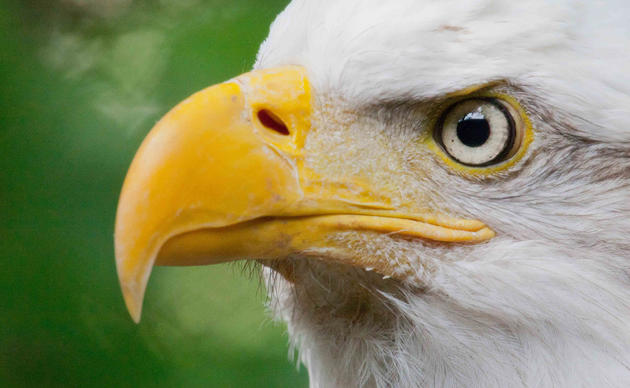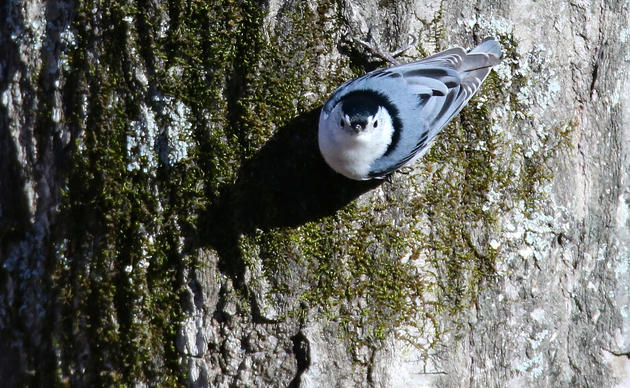With a grant from the Wildlife Conservation Society, Audubon will build and expand on our efforts to ensure Skagit County and other jurisdictions address sea level rise in their Shoreline Master Plans (SMPs).
Audubon Washington, working with a local coalition and the Skagit Audubon Society, will raise awareness and gather community input on sea level rise concerns in Skagit County, providing specific recommendations on this issue to the County’s Shoreline Master Plan. Although our coalition efforts to urge the County to include climate resilience in their recent SMP update have thus far been unsuccessful, we are taking our concerns to the Department of Ecology in their review of the County’s shoreline plan.

One positive result of our efforts to-date is that Skagit County agrees that they do need to address sea level rise concerns and has expressed an intent to study and potentially amend the SMP in the future to include sea level rise. Audubon will continue to advocate for the adoption of this amendment sooner rather than later. Our staff will also bring examples of policies and regulations from other jurisdictions to the table to show what can be done in shoreline plans to improve climate resilience and reduce the impacts of sea level rise on marine and shorebirds, as well as on shoreline infrastructure. Along with coalition members, Audubon will seek community input to the process through education, outreach and facilitated meetings. We plan to expand this effort to at least 3 other counties in the north Sound.
At the state level, Audubon is advocating for passage of the Growth Management Act and Climate bill (HB 1181 in the House and SB 5203 in the Senate) which includes a requirement that future SMP updates must address sea level rise. Please join us in supporting this bill and others this legislative session by joining our Action Network.
We will also be working with the Department of Fish and Wildlife to improve how sea level rise is incorporated in their shoreline permitting process.
The grant to help fund this work was made possible through support of the Doris Duke Foundation.



